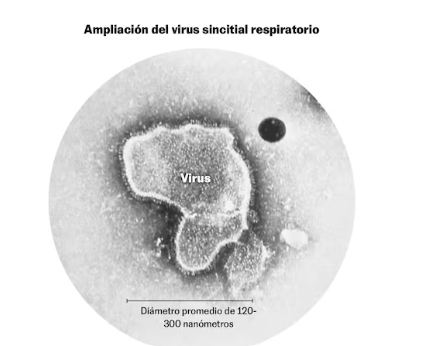
For a long time, the virus that causes respiratory infections in infants was considered one of the main reasons for emergency hospitalizations in Spanish hospitals. Every year, thousands of families faced anxiety and sleepless nights as the illness took a severe toll on the youngest children. Until recently, pediatric wards in major cities like Barcelona were stretched to their limits, and finding a free hospital bed was a rarity.
The situation changed after the introduction of a new medication that does not belong to traditional vaccines. This is the monoclonal antibody nirsevimab, specifically developed to protect infants from this dangerous virus. In October 2023, Spain became one of the first countries in the world to roll out this innovative prophylactic treatment for newborns on a wide scale.
The results were immediate. In just the first season of use, the number of hospitalizations among babies dropped fourfold compared to previous years. The effect was particularly notable in Madrid, where the proportion of unprotected children among those hospitalized was disproportionately high. While the virus continued to circulate, babies who received protection were rarely admitted to the hospital.
Experts point out that the drug was 80% effective in preventing severe cases. During the winter, around 10,000 hospitalizations among infants were avoided across the country. These figures represent not just statistics, but real families whose lives were spared from serious challenges. However, it is impossible to say for sure whom this new technology has protected—the answer will always remain behind the scenes.
The future of prevention and global challenges
Despite these advances, the healthcare system still faces the challenge of expanding access to modern protection methods. According to international organizations, tens of thousands of young children die from such infections every year, mostly in low-income countries. New drugs and vaccines for pregnant women have already proven effective, but implementing them takes commitment and investment.
Spain’s experience shows that modern technology can not only ease the burden on hospitals but also save countless lives. Now, it is essential that these advances become available to everyone in need—regardless of where they live or their social status.












